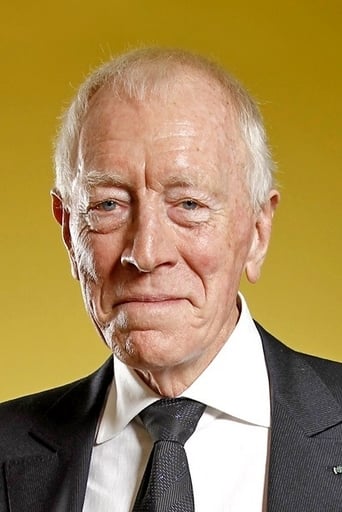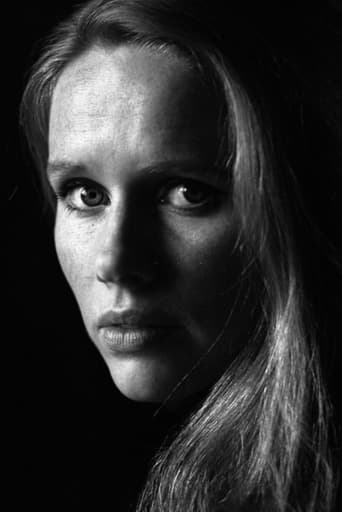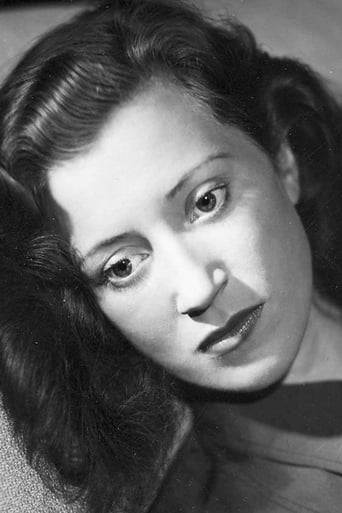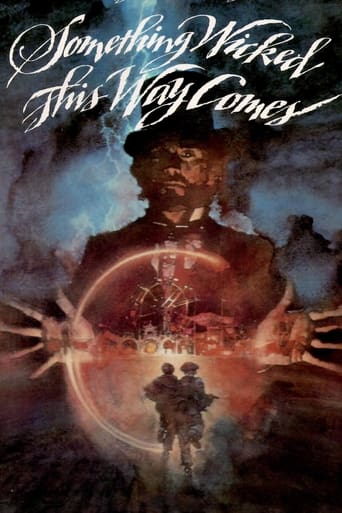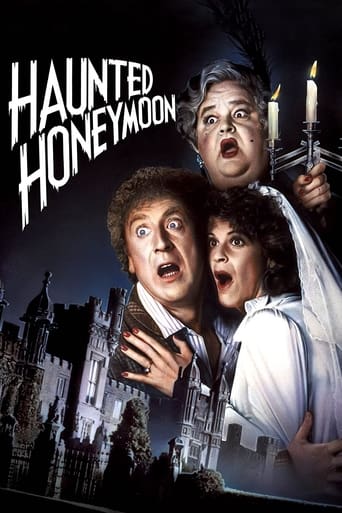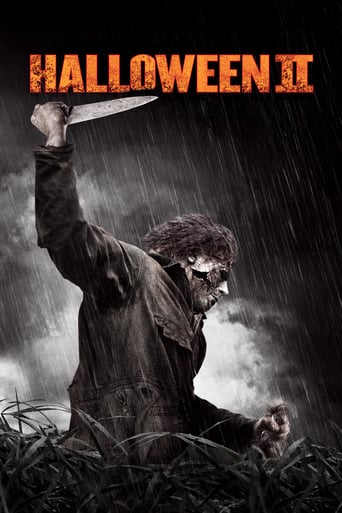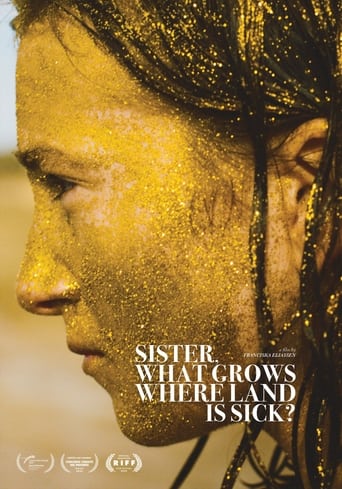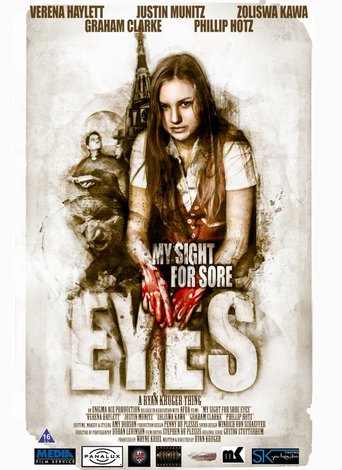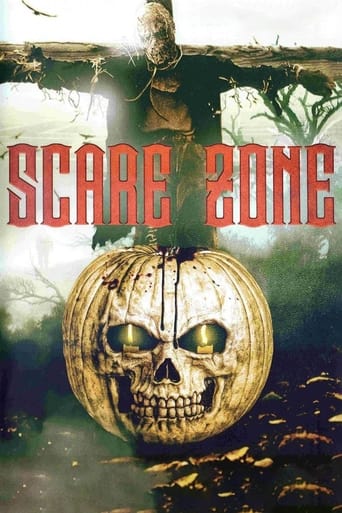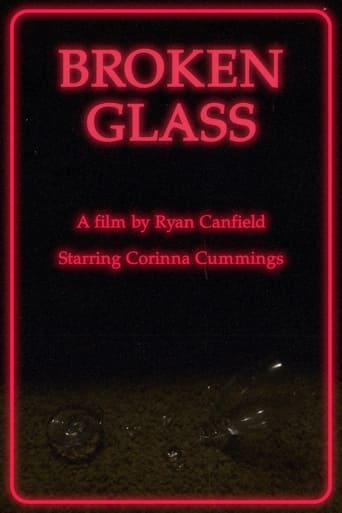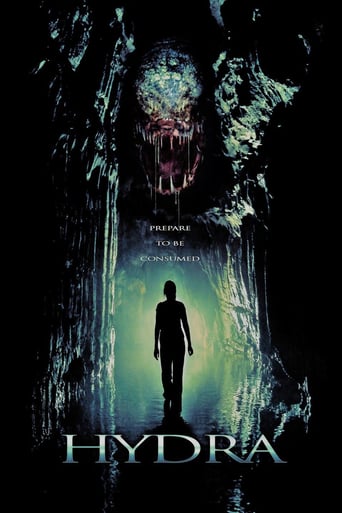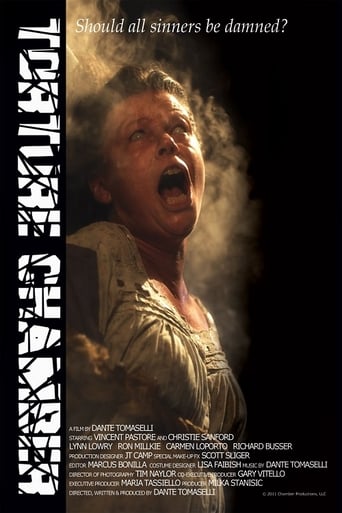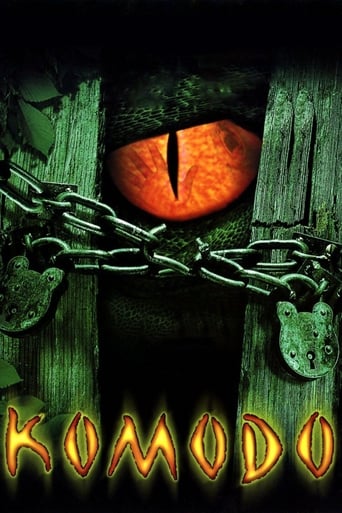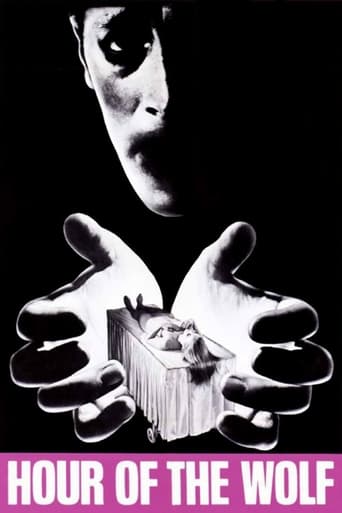
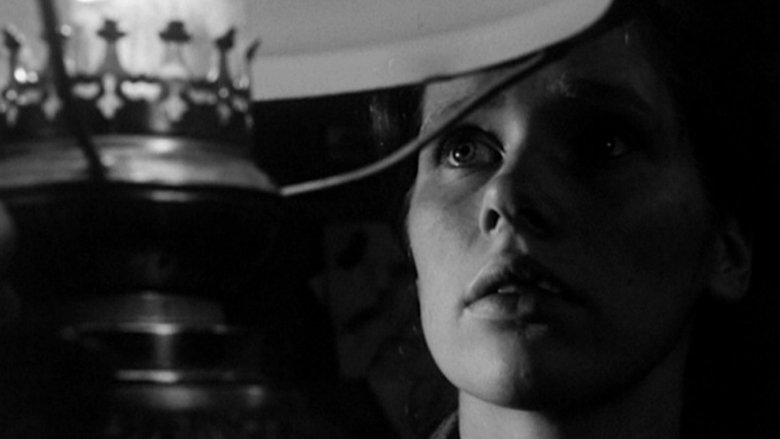
Hour of the Wolf (1968)
While vacationing on a remote German island with his pregnant wife, an artist has an emotional breakdown while confronting his repressed desires.
Watch Trailer
Cast


Similar titles
Reviews
Very Cool!!!
Slow pace in the most part of the movie.
This is a coming of age storyline that you've seen in one form or another for decades. It takes a truly unique voice to make yet another one worth watching.
The story, direction, characters, and writing/dialogue is akin to taking a tranquilizer shot to the neck, but everything else was so well done.
Max von Sydow is amazing as always. And Liv Ullman turns in a brilliant performance. But Ingmar Bergman is the real star of this film. His direction is top notch.The premise, a couple (wife pregnant) come to an island. He to paint. He has a past that haunts him. Troubled childhood, affair with a married woman, and an accidental, self-defense killing of a young boy.But the real issue at hand is his wife Alma's jealousy. As she becomes aware of his past affair, she begins to imagine him pulling farther and farther away. Bergman does a masterful job of making us believe that Johan is having illusions, but really the illusions are all Alma's.He tries to shoot her, I believe in self-defense. My belief for what became of Johan is that Alma killed him and ate him. She invented the "demons" and Johan's "insanity" as a way of playing this off.I believe this is one of the conclusion's Bergman was going for. The original script title was "The Cannibals". We are made to believe the "demons" ate Johan. But the demons never really existed, only Johan and Alma did. The only logical conclusion is that Alma's jealousy over Veronica drove her to the actions she took.Very well done film. And even if my theory is wrong, it is a reasonable conclusion for a viewer to come to. Consider that Alma even talks to us as if we are there, yet there is really no one there for her to talk to.I highly recommend this film.
"I will no longer mutilate and destroy myself in order to find a secret behind the ruins." - Hermann Hesse Ingmar Bergman directs "Hour of the Wolf". First image: a black screen, over which we hear the sounds of a camera crew setting up a shot. We then get a close-up of Alma (Liv Ullman), the pregnant wife of Johan (Max von Sydow). Alma's speaking to a documentary crew, and relating a very disturbing tale. This tale, she states, is about the "disappearance of an artist". Alma narrates a tale to us. She informs us that she and Johan escaped to a remote island. As Johan is a painter, the couple hope that this location will provide Johan with both inspiration and the solitude necessary to pursue his art. As Johan has been in an adulterous affair, it is also hoped that the island will bring husband and wife together. Bergman himself had a relationship with Ullman, with whom he fathered a child. The couple split soon after "Wolf's" release.Things don't go well for Johan and Alma. Johan is immediately "pulled away" from his wife, his artwork drawing him away from their rustic home and out toward the morose waves and craggy cliffs which line the island. As Johan is pulled toward his art, becomes more self-involved, Alma becomes miserable. What could possibly interest her husband more than his wife? What is out there? What's calling him? Seeking answers, Alma begins reading Johan's diary.Johan's diary speaks of encounters with five "demonic figures", which Johan calls the "bird-man", "spider-man", "meat-eater", "insect" and "the lady with the hat". All five characters "want a piece of Johan", and together become Bergman's metaphor for the insecurities of self-loathing artists. Whilst Johan praises Alma for being "one person", "consistent" and "whole", he berates himself for being "constantly pulled off in all directions by the demons". "They want you for themselves," an upset Alma says, "and it's harder for them if I'm here!" Bergman's point is clear: the artist belongs to no one human being. Can not even belong to himself. Temperamental, insecure and with an identity always in flux, he is not even sure "who he is". Alma, of course, doesn't understand Johan's plight. She wants him, fully, always, but the now suicidal Johan can't commit to this. To commit is itself a kind of charade. "I can help you!" Alma insists, but Johan brushes her aside. Baffled, Alma begins to attribute Johan's behaviour to demonic possession.Bergman's monsters are largely the product of a husband and a wife's imaginings. Alma is interpreting Johan's diaries far too literally, and Johan is assigning meaning - using the motifs of the horror genre - to psychological behaviour he doesn't fully understand. Because both spouses are confused, ascertaining the "meaning" of the film's five "demons" thus becomes difficult. One "demon" is obviously a reference to Johan's past lover, whilst another is a reference to Baron von Merkens, a wealthy man whom the artist is simultaneously reliant upon, disgusted by and attracted to. Another "demon", an imp-like boy whom Johan kills, speaks to innocence lost, sexual experimentation, shame and also possible homosexuality. The fourth "demon", a man in an overcoat (Ulf Johansson), is both an "art critic" and "psychiatric curator". Johan knocks this figure to the ground, unwilling to hear his diagnoses. The fifth and final "demon" is an elderly woman in white – the "lady in the hat" - who speaks of secrets hidden under beds.Bergman's third act begins with Alma and Johan attending a party at a castle in which all these figures have assembled. Whether they're a coven of witches, vampires, ghosts or merely a grotesque parody of a film-studio after-party, is left up to the audience. Regardless, the creatures all want a piece of Johan, who is able to fend them off only with the help of Alma. The film then ends with Johan abandoning Alma, who lasts sees her husband in the woods, being pulled in different directions by the "creatures". He then disappears.Bergman's final scene finds Alma again addressing we the audience. Looking directly at us, she wonders whether living with a man long enough results in a woman "becoming like her husband". She then begins to blame herself for Johan's disappearance, wondering what she could have done to save the relationship. Should she blame herself? Should she assume responsibility for Johan's vanishing into thin air? Into himself? To the audience, though, it becomes clear that Alma must leave Johan – and so Ullman must leave Bergman – in order to retain her own sanity. The artist's isolation, insomnia and neuroses can be toxic. In pushing her away, Johan might very well have saved Alma from the monsters. By accepting Johan's "vanishing", Alma might have done the same."Hour of the Wolf's" title refers to what Bergman calls "the hour between night and dawn, when nightmares are most real". The title perhaps also refers to the netherworld in which the artist – often most creative at night – lives; a tormented place unfamiliar to most. The film's original title was "Cannibal", a more overt reference to the forces tearing Johan apart.The "self-pitying", "tortured artist" archetype typically carries with it a lot of conceit and self-absorption. "Wolf", which essentially casts a self-lacerating Max Von Sydow as Bergman himself, is however largely devoid of vanity. Indeed, it at times mocks the creative inner lives of men. And all the while the film's concerns remain fixated on Alma. The monsters may tear apart Johan's body, but it is she for whom the film mourns. It is she for whom Bergman/Johan pines for, even when their love becomes an impossibility. Impeccably shot and lit by Sven Nykvist.8/10 – See "Vincent and Theo" and "In a Lonely Place".
The Hour of the Wolf is not one of my top 5 favourite Ingmar Bergman films, but is still an outstandingly good film in my eyes. I do think that it does need about three or four more viewings, as first time you may be confused or irritated. That was the case with me actually, I wasn't sure what to make of it first time, three viewings later I loved and appreciated it. Maybe The Hour of the Wolf could have told us more as to why Johan was tormented so much. That said, there is much to love. The story is not the deepest or most focused of Bergman's films, but does have several moments especially the deliciously nightmarish puppet sequence that stay with you forever that makes you satisfied still. The cinematography and close-ups are truly haunting and the images breathtaking to watch. The music is wonderful, with some of the best use of Mozart I have seen or heard in any film, the direction from Bergman is superb and while it doesn't provoke thought in the way The Seventh Seal and Wild Strawberries do the script doesn't feel too stilted. The characters are at least intriguing, the most successful being the sinister Lindhorst, who is played splendidly by Georg Rydeberg. Max Von Sydow and Liv Ullman have given better performances in Bergman's films, and it is not to do with that they're not good, it's just that Sydow in The Seventh Seal and Ullman in Autumn Sonata are performances rank as two of the best performances across Bergman's filmography. Von Sydow is suitably haunting and stoic, and Ullman is wonderfully expressive. Overall, not one of my favourite Bergmans and not something everybody will adore but on repeat viewings it came across to me as an outstandingly good film. 9/10 Bethany Cox
Hour of the Wolf is an intriguing horror film, difficult to comprehend, complex in the best possible way, and exceptionally creepy and deep. It tells the story of a painter who confides in his pregnant wife that he believes that the people he encounters are demons of all different sorts. He has a chillingly persistent case of insomnia, and stays awake all hours of the night with his wife, especially during the "vargtimmen," also known as "the hour of the wolf," where, he states, is when the most births and deaths occur.Johan Borg (Max von Sydow) is the painter, and his wife is Alma (Liv Ullmann). The movie follows them sort of sympathetically, as we get a brutally horrifying narrative on how the thought of demons have almost corrupted Johan as a whole, and the sad fact that he may even have a difficult time functioning on his own. He seems to always need some careful, human support.Ingmar Bergman, a director known for his aesthetically deep pictures, such as his involving character studies, and intellectually challenging portrayal of life, dabs into the horror genre for the first (and maybe only) time with beautifully suspenseful material. This is a surrealist fantasy, equipped with a marvelous performance by von Sydow, a Bergman regular, who was one of the sources to The Seventh Seal's greatness.The character I felt the most sympathy for was not Johan, but Alma, who is forced to watch her husband be eaten alive by his own fear and insanity. This is the second Bergman film that has intimately covered, what one expert calls, "personality disintegration." In Wild Strawberries, we saw how one man's shallowness and pompous attitude, which refused long time friends and relatives access to his mind, lead him down the road of an unhappy, unfulfilled lifestyle he begins to loathe at the end of his life. However, he was more in control of his life than Johan, who seems to fighting a battle that simply doesn't want to lose here.Bergman's Gothic horror film is elegantly shot and eerily photographed, with long shots of bleak landscapes and intimate closeups in the dead of night. Hour of the Wolf is infinitely smarter and more appealing than much of the horror films we are met with today, and it deserves to be seen more than one of those cheap, low budget monster films that rerun week after week on Svengoolie.Starring: Max von Sydow, Liv Ullmann, and Gertrud Fridh. Directed by: Ingmar Bergman.


